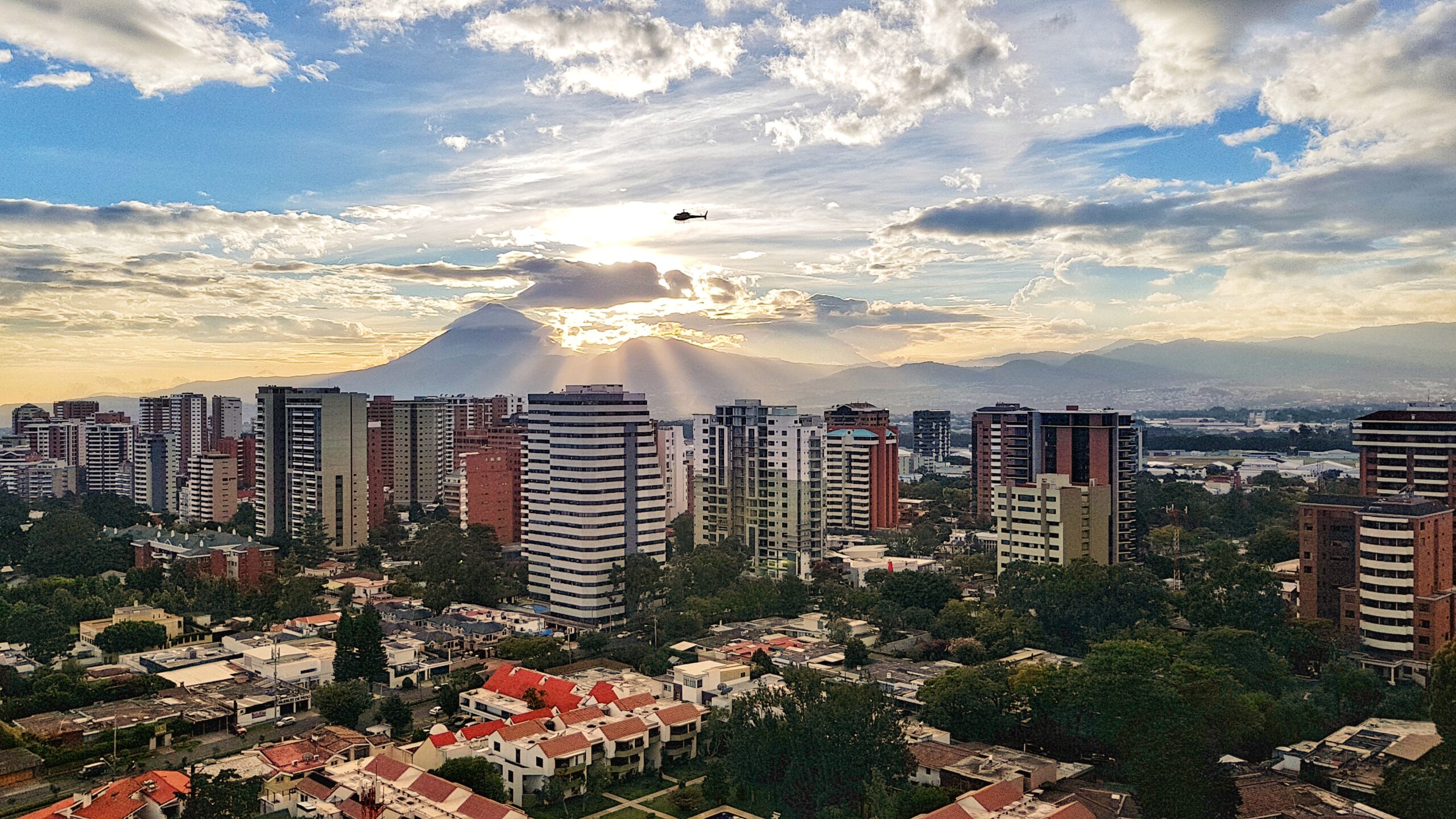The Central American nation seeks to position itself as an attractive destination for companies from nearby countries to outsource business processes. Nearshoring in Guatemala is a golden opportunity to attract more foreign direct investment (FDI).
Multinational companies have begun to rethink where to locate their supply chains. This calculation is a result of the process of reconfiguring global value chains, which began a few years ago. This movement has been accentuated by the interruptions caused by the COVID-19 pandemic and geopolitical tensions between major global economic powers, mainly the US and China.
Within this framework and under the “Guatemala does not stop” project, the Guatemalan authorities proposed to take advantage of its proximity to the United States. Guatemalan economic policymakers have decided to exploit this set of opportunities and the competitive benefits offered by the country to provide a rapid response to these needs to turn it into a world-class player that allows export-oriented cross-border operations to expand by nearshoring in Guatemala.
According to Rolando Paiz, general coordinator of the Executive Committee of the National Competitiveness Program (PRONACOM), “This could be a watershed moment to increase national capacity to reinvent various industries in the manufacturing sector. Furthermore, it may be an opportune time to connect with international suppliers and be part of resilient and appropriate global supply chains. On the one hand, political-economic challenges must be overcome. On the other, this is the moment to work against the clock to have all the appropriate responses to investors on time and make the necessary structural changes so that Guatemala can position itself as an attractive destination for the nearshoring process of multinational companies.”
The unmatched benefits of nearshoring in Guatemala
Nearshoring is viewed as a strategy with multiple benefits for the integral economic development of Guatemala. This is mainly due to the potential to create large amounts of formal employment quickly.
For the export sector, the areas with a competitive edge (clothing and textiles, agriculture and manufacturing, among others) could take better advantage of this international context while exploring opportunities in sectors of great interest. These include activities in which Guatemala does not yet have a strong presence internationally, but it has potential, such as pharmaceutical and medical device manufacturing.
“In the pharmaceutical industry, for example, we are talking about a market of more than US$147 billion in annual turnover. In medical devices, the market invoices an average of US$90 billion annually. In addition, we cannot neglect the service sector, which has been gaining competitiveness,” affirms Paola Álvarez, manager of Market Development and Commercial Promotion of the Association of Exporters of Guatemala (AGEXPORT).
Joint strategy for nearshoring in Guatemala
Since mid-2020, the public and private sectors have joined efforts and invested resources to identify the most strategic industries and how to attract them to the country. As a result, go-to-market strategies have been developed, explains Juan Carlos Zapata, executive director of the Foundation for the Development of Guatemala (FUNDESA).
“An investment attraction agency was created, and there is already a person in charge of promoting the benefits of nearshoring in Guatemala. We are clear that these types of initiatives take time to generate results. However, companies related to the maquila and technological sectors, such as call centers, already have a presence in the national territory or are in the process of establishing one,” adds Zapata.
Expectations
To date, the entities involved in the plan have generated three coordination tables with sectors of pharmaceutical products, manufacturing of electronic equipment, and business services. These are areas that are promising for the country. Two companies have already moved their operations to Guatemala City, and one more is evaluating the Guatemalan metropolis and other countries. “From PRONACOM, we have taken the lead, together with other actors, which has allowed us to capture more than US$450 million by last May for this concept of new investments or reinvestments of multinationals. As a result, more than 7,000 new jobs have been generated,” he points out.
Advantages of nearshoring in Guatemala
- Privileged geographical position, close to the United States. Guatemala is the largest economy in the region. Stable and resilient macroeconomics. Business climate favorable to investment.
- Robust infrastructure, with intermodal platforms that present a series of logistical advantages.
- More than 14 commercial agreements. Young human resource pool with skills to enter the labor market.
- Guatemala has the largest installed capacity for energy production in the Isthmus at the most competitive price. Incentives are protected under laws such as the Law on Free Zones,
The Law for the Promotion of Export and Maquila Activity, the Law of the Free Zone of Santo Tomás de Castilla, and the Law of Incentives for Renewable Energy Production Projects.
The significant pending challenges for nearshoring in Guatemala
To achieve the proposed objectives, Guatemala must overcome structural conditions that make it particularly expensive for the performance of certain economic activities, such as:
- Connectivity from production centers to ports.
- The times and processes related to customs operations.
- The low predictability of the level of the minimum wage.
- The costs to provide security “which are not necessarily the lowest in the region.”
Despite these challenges, investors considering nearshoring in Guatemala will find that the country offers a favorable business environment for foreign direct investors, with a strategic location, abundant natural resources, a skilled labor force, investment incentives, and economic stability.
For more information on investing in Guatemala, speak to the professionals at LATAM FDI.

